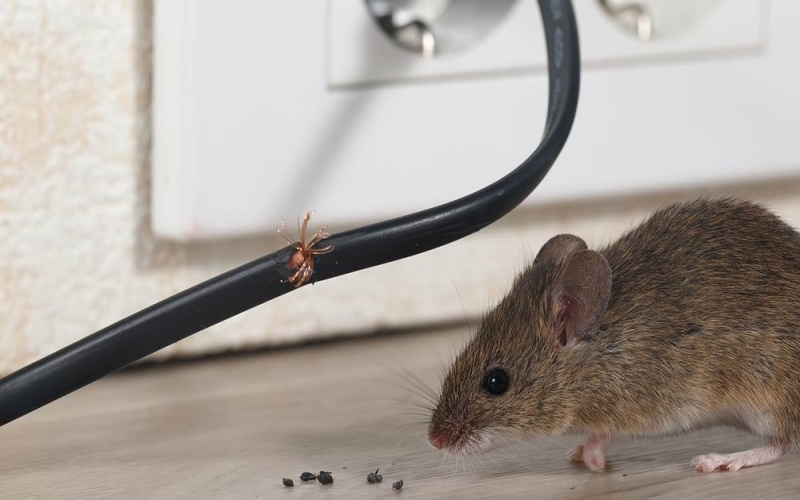Rodents like mice and rats are quite destructive. A rodent infestation can lead to serious property damage and pose health risks to humans and pets. To keep rodents out of your house, you should hire rodent control services. These services can help you prevent and mitigate a rodent issue. They involve the use of state-of-the-art tools, equipment, and products focused on keeping your home free of any rodents.
Although you should rely on professional rodent control services to fix an existing rodent issue or infestation, you can influence the potential and seriousness of an infestation. Rodents can access and invade your house due to poor maintenance and upkeep. They can take up residence and nest if there is clutter and they have access to food. To protect your house, here are guidelines you should follow:
Store Trash Properly
A lot of people use tightly sealed trash bins or containers outside. Typically, these containers are stored at the side of their garage. Inside, homeowners have open cans, often kept inside lower cabinets or under counters.
Mice and rats have a great sense of smell. Open garbage cans can draw them to your property. If you have a rodent issue, you should not keep trash under the counter. No matter where you place the garbage, ensure it is kept in a secure container that has a tight-fitting lid. Trash should also be taken outside at least once every day.
Seal Up Entry Points
Throughout the year, your property takes a beating. In winter, your house’s roof has to deal with the ice and snow. Also, the summer brings a risk of broken windows due to serious thunderstorms.
During all seasonal exposures, your home can wear. Gaps and cracks can appear along your home’s foundation, sealant can peel away, and window or door screens can have holes. Such problems present potential access points to rodents. Therefore, you should inspect your home to find vulnerabilities. Rats and mice can fit through tiny holes. Pest control experts can seal up your property when you contact them.
Store Food Properly
Rodents can smell food kept in plastic and cardboard boxes or paper bags. They can chew through food packaging and boxes that contain human and pet food. To limit access, store food properly. For instance, bread must be stored in metal bread boxes or suitable containers. Cereal must be stored in glass or plastic containers. Lastly, pet food must be stored in dry storage bins.

